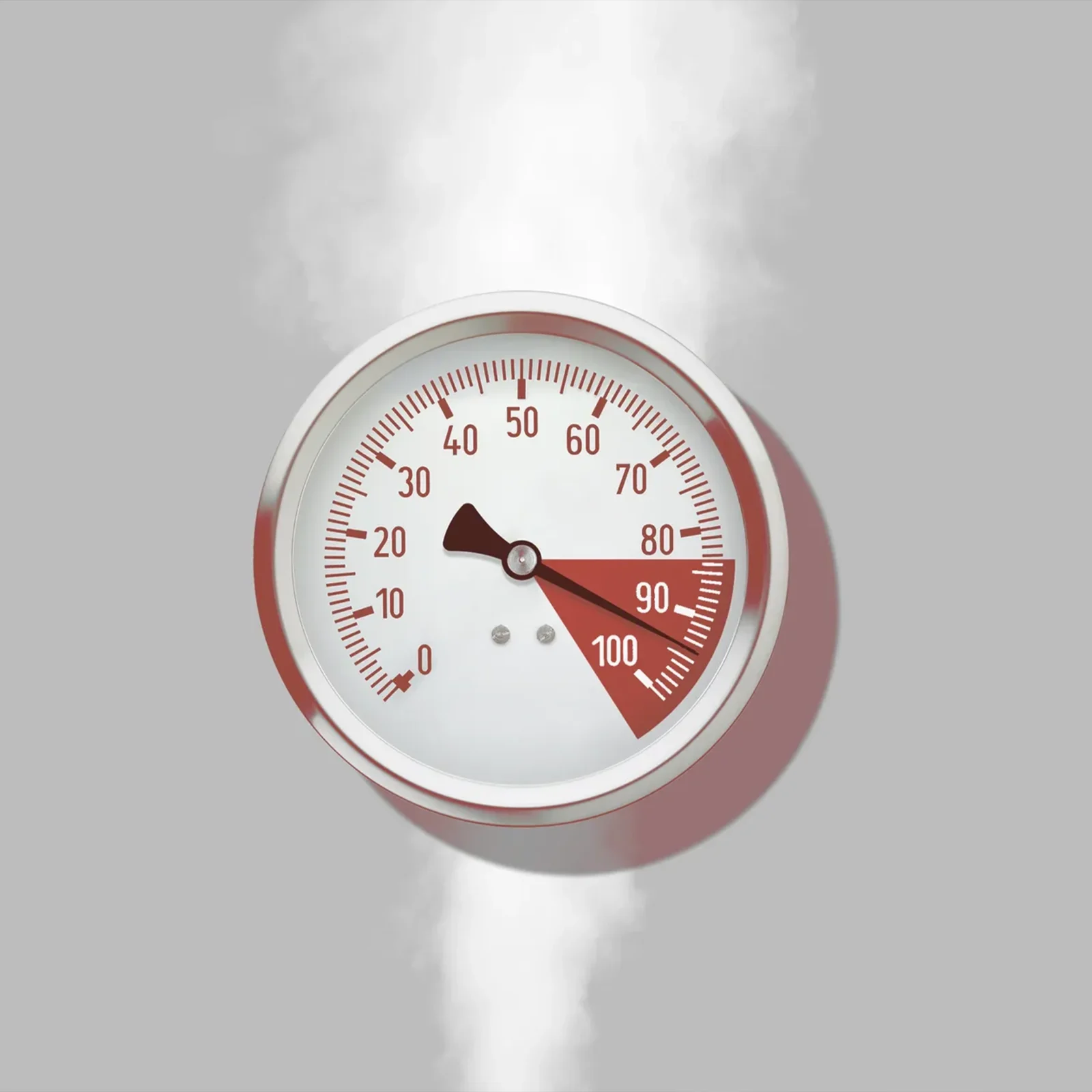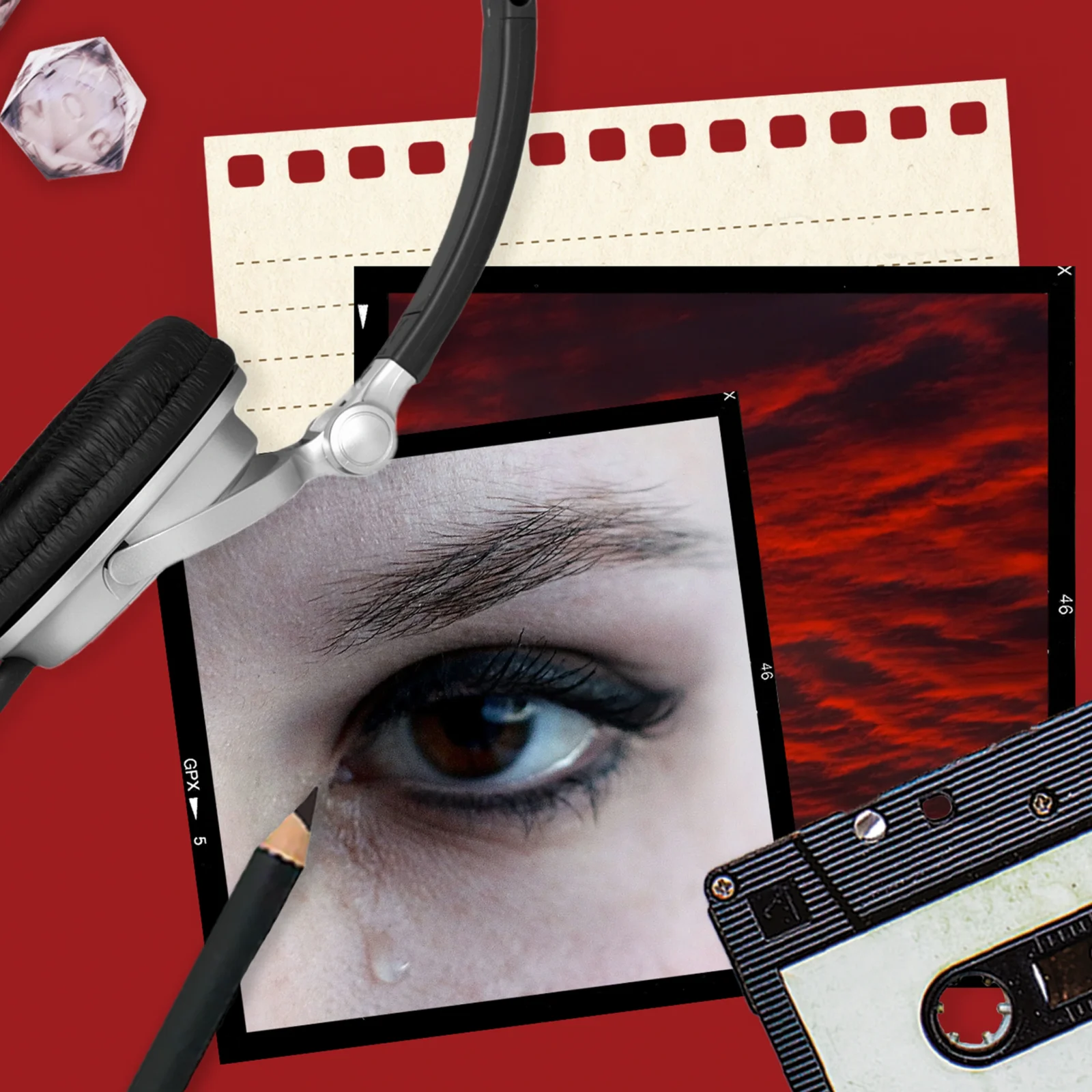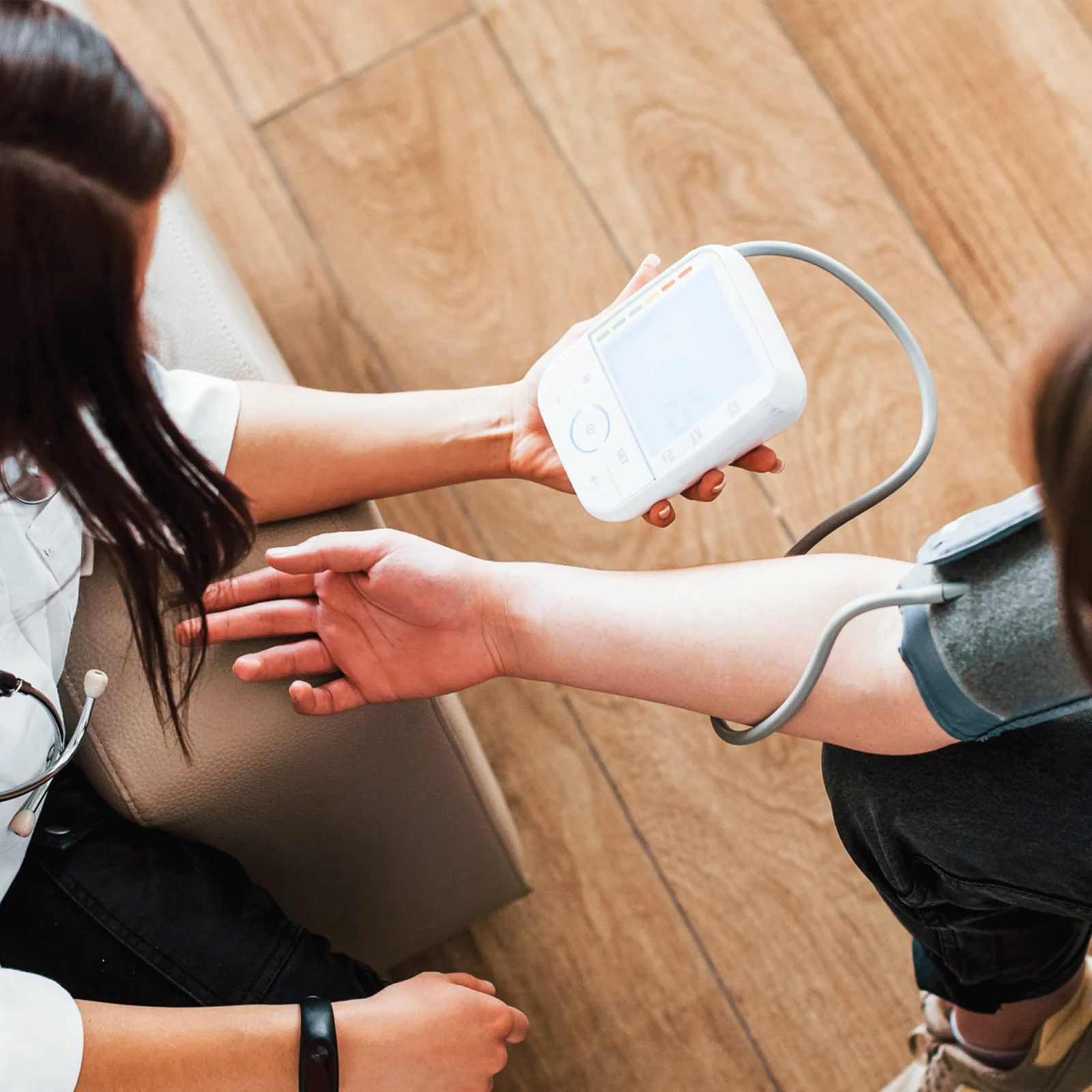The Silent Crisis: Why Mental Health Awareness Matters Now More Than Ever
Mental health awareness goes beyond trendy hashtags—it’s about recognizing the everyday practices, like movement and mindfulness, that help us show up fully in our lives.
By Mia Torres
Mental health awareness isn’t a phase—it’s a priority. And for millions of Filipinos, it’s also a daily challenge. According to the Department of Health, more than 3.6 million Filipinos are currently living with mental, neurological, or substance use conditions—but only a small fraction have access to professional help.
That’s why awareness is more than a trending topic. It’s life-saving. And in the Philippines, where stigma, cost, and access still stand in the way, your role in the movement matters.
Why mental health awareness isn’t optional
Globally, one in eight people lives with a mental health condition, according to the World Health Organization. Post-pandemic, that number has skyrocketed, especially among the youth. Suicide attempts among Filipinos aged 15 to 29 jumped from 3 percent in 2013 to 7.5 percent in 2021.
It’s not enough to simply “be aware.” We need a consistent, collective effort to normalize care, dismantle stigma, and push for support systems that work.
What real mental health advocacy looks like
Advocacy for mental health isn’t always about grand gestures or public campaigns. Often, it is the quiet, consistent, and hyper-local actions that create lasting change in workplaces, among friends, and within communities.
Creating a culture of care at work
Mental health advocacy in the workplace is most effective when it is woven into the fabric of daily interactions and team culture. Licensed psychologist and MindNation chief well-being officer Eiza Fusingan-Lapay emphasizes that you don’t need to hold a formal seminar to start these important conversations. She notes: “Begin with check-ins inside your team. Normalize opening up.”
Building trust is the foundation. Regular, informal check-ins allow team members to share how they’re really doing, making it easier to spot early signs of stress or burnout. Fusingan-Lapay also recommends reframing advocacy in terms of shared values, such as team resilience, productivity, and better communication.
Spreading the message in digital and school spaces
Supporting someone with mental health challenges doesn’t mean you have to solve their problems. According to the National Alliance on Mental Illness (NAMI), one of the most important things you can do is listen without judgment and encourage your loved one to seek professional help when needed. This approach helps individuals feel heard, validated, and supported.
Additionally, helping friends access professional care when needed is crucial, as early intervention is linked to better outcomes. This kind of advocacy among friends fosters compassion and reduces stigma around mental health.
Spreading mental health awareness online and on campus
Advocacy can also be scaled through digital platforms and community involvement. Supporting local organizations such as MentalHealthPH and Mind You PH by sharing their content, attending free webinars, or volunteering helps amplify mental health awareness and resources.
Community engagement and peer support programs also contribute to improved mental health outcomes by building networks of care and reducing social isolation. Even without a large audience, individuals can make a meaningful impact by:
- Sharing reliable mental health resources online
- Participating in or promoting free webinars and workshops
- Volunteering with local mental health organizations
Advocacy is scalable—you don’t need a big platform to amplify one voice or make a difference.
So, what can you do?
Start small. Stay consistent. Here’s what mental health advocacy can look like in your real, everyday life:
- Check in with yourself and others. Ask “How are you, really?” and mean it.
- Share vetted resources. Hotlines, therapy platforms, or support apps can make a huge difference.
- Organize a peer-led wellness circle. Even a monthly Zoom session counts.
- Pitch a mental health day at school or work. Link it to burnout prevention, not just self-care fluff.
- Be vocal about stigma. Challenge “baliw” jokes and outdated labels when you hear them.
- Support legislation. Push for funding of the Mental Health Act (RA 11036) in your barangay or LGU.
And maybe most importantly, don’t neglect your own mental hygiene. Your boundaries matter. Rest counts. Seeking help isn’t weakness—it’s wisdom.
Challenges to mental health awareness in the Philippines
While the Mental Health Act laid the groundwork for national support, we’re still catching up:
- Most Filipinos can’t afford therapy, which can range from PHP 800 to PHP 3,000 per session.
- Rural areas lack access to trained psychologists or psychiatrists.
- There’s less than one mental health worker for every 100,000 people.
- Public schools are still short on trained counselors.
Community-led action, like healing circles or mental health first aid, can help bridge the gap. You don’t need to have all the answers—you just need to show up with compassion.
Mental health awareness is a daily choice, not a one-time act
Raising awareness starts with the everyday stuff. Check in with yourself. Take your meds. Get enough sleep. Reach out to that friend who’s gone quiet.
Mental health awareness doesn’t live in big statements—it lives in action. And when enough of us show up, even in small, imperfect ways, that’s how real change begins.
Latest Stories
You might also like
To provide a customized ad experience, we need to know if you are of legal age in your region.
By making a selection, you agree to our Terms & Conditions.








